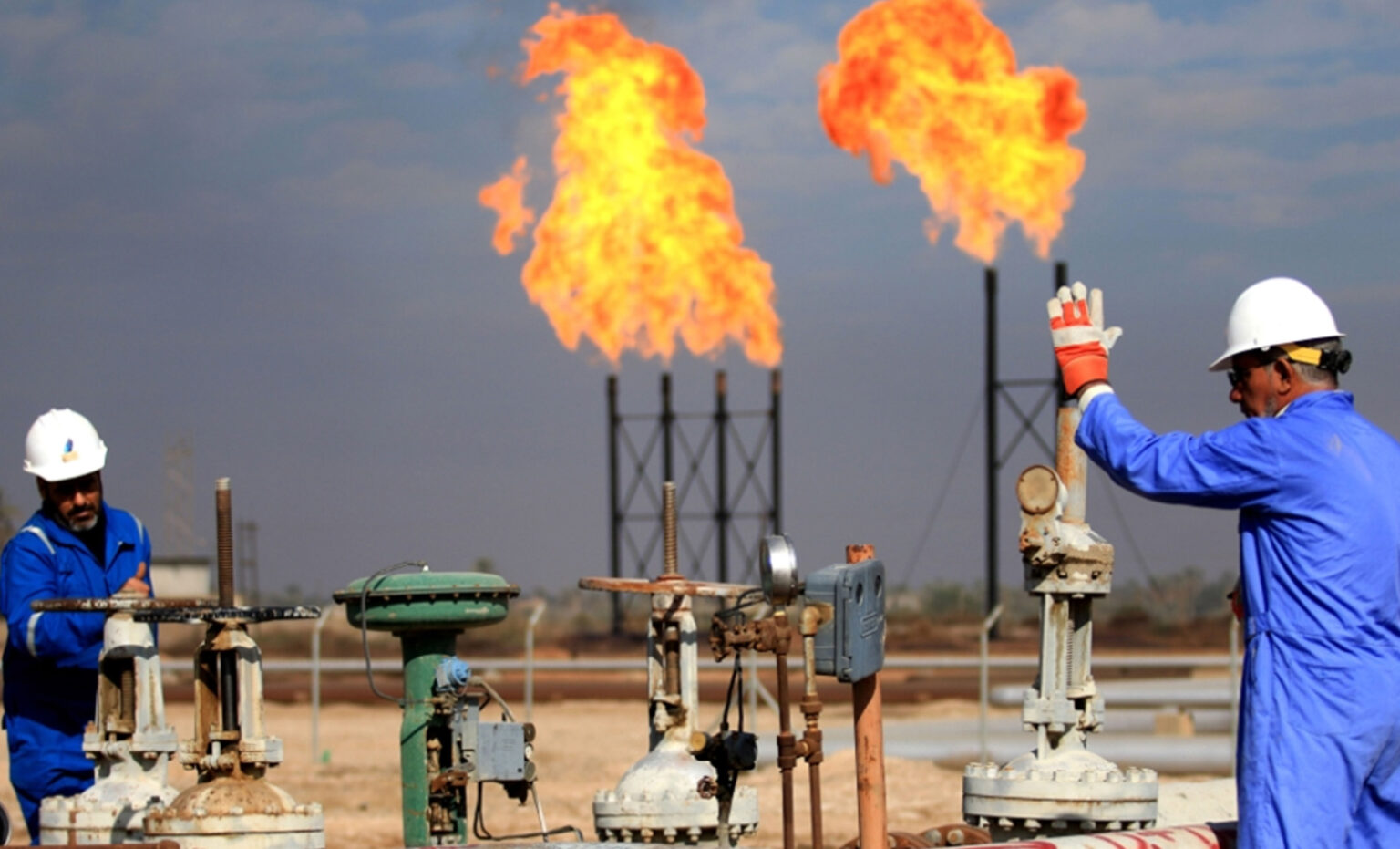Algeria has established itself as a strategic supplier of natural gas, outpacing competitors in the Eastern Mediterranean thanks to the size of its reserves, the strength of its infrastructure, and a favorable geopolitical climate.
While energy projects in Egypt and Cyprus face technical and diplomatic obstacles, Algiers is pursuing a clear trajectory: consolidating its role in Europe’s gas supply.
Vast Proven Natural Gas Reserves
According to a recent study based on international data relayed by the Ettaqa platform, Algeria’s proven natural gas reserves stood at approximately 159 trillion cubic feet by the end of 2024. This far surpasses major fields in the Eastern Mediterranean. Egypt’s Zohr field, for example, contains around 23 trillion cubic feet.
Algeria also ranks among the top three countries globally in terms of untapped shale gas, with estimated resources exceeding 700 trillion cubic feet. This potential complements existing conventional capacities and paves the way for large-scale exploitation in the medium term.
Efficient Export Infrastructure
Algeria’s advantage also lies in the density and performance of its infrastructure. Two strategic pipelines connect Algeria directly to Europe:
- Medgaz, which supplies Spain via the Western Mediterranean
- Transmed, which crosses Tunisia to reach Italy
These routes allow for regular deliveries without relying on complex maritime pathways or politically unstable zones. Meanwhile, the liquefaction plants in Skikda and Arzew enabled the export of more than 11 million tonnes of LNG (liquefied natural gas) in 2024, including 6.8 million tonnes bound for European markets.
Fragile Projects in the Eastern Mediterranean
In contrast, competing projects in the Eastern Mediterranean are facing multiple challenges. The EastMed pipeline project, which aims to link Cypriot gas fields to Greece and then to Europe, has stalled. Regional tensions between Turkey and Greece, political uncertainties in Lebanon, and the lack of institutional stability in the Palestinian territories complicate near-term prospects.
These issues delay investment and undermine commercial credibility. None of the regional projects currently has operational logistics capacity comparable to Algeria’s.
A Geographic Advantage
Algeria also benefits from its geographic proximity to Europe. The short distance between its facilities and European markets ensures faster delivery times, lower costs, and enhanced supply security. This proximity offers a critical advantage as European states seek to diversify their gas sources while minimizing geopolitical risks.
Following disruptions caused by the war in Ukraine, several European countries strengthened long-term contracts with Sonatrach, Algeria’s national energy company, to secure their imports.
Political Stability and Commercial Reliability
Unlike other producers in the region, Algeria enjoys relative institutional stability. This consistency ensures operational continuity, attracts foreign partnerships, and strengthens Algeria’s image as a reliable supplier for European markets.
The absence of major internal conflict and Algeria’s neutral stance in regional tensions further enhance this perception. For European energy operators, Algeria presents a significantly lower risk profile than its direct competitors.
Source: ObservAlgérie



Comments are closed, but trackbacks and pingbacks are open.